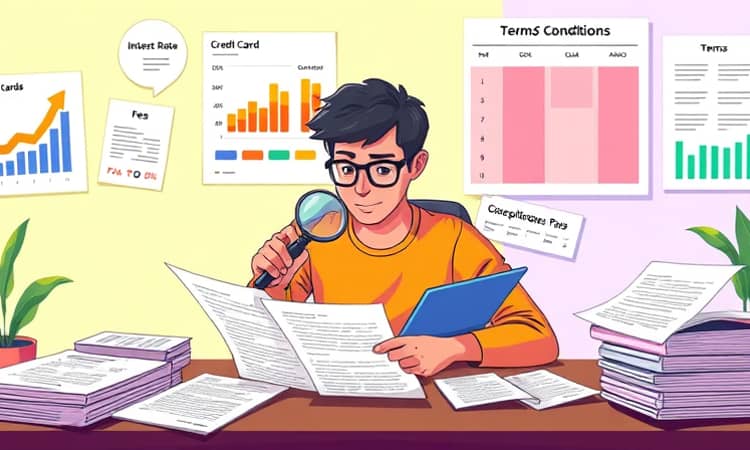In the financial world, few documents hold as much importance as the terms and conditions associated with credit cards. Often overlooked, these documents serve as a crucial foundation for understanding how a credit card works, what fees may be incurred, and how interest rates can impact your financial health. Tackling the fine print might seem daunting, but doing so can empower consumers, enhancing their ability to make well-informed decisions regarding their credit card usage.
This article aims to break down the complexities of credit card terms and conditions, exploring their significance, key terms that everyone should know, associated fees and penalties, and more. By the end, readers will have a clearer understanding of what to watch out for and how to navigate their credit cards effectively.
Why Terms and Conditions Matter
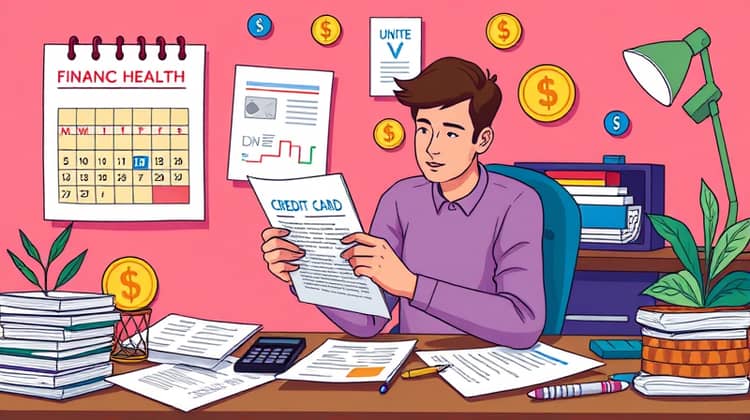
When you apply for a credit card, you are entering into a contract with the card issuer. This contract outlines your rights and responsibilities, as well as those of the issuer. Understanding the terms and conditions helps you become aware of your obligations, including payment schedules, interest rates, and any potential fees you may incur.
Moreover, these terms can significantly impact your financial health. For instance, missing a payment or exceeding your credit limit can lead to hefty fines and increased APRs (Annual Percentage Rates). Staying informed about these terms can help you avoid costly mistakes and better manage your credit resources.
Lastly, knowledge of your credit card terms empowers you to navigate disputes or misunderstandings with your card issuer. If you know your rights and the specifics of your agreement, you're more likely to advocate effectively for yourself in case of issues.
Key Terms to Know
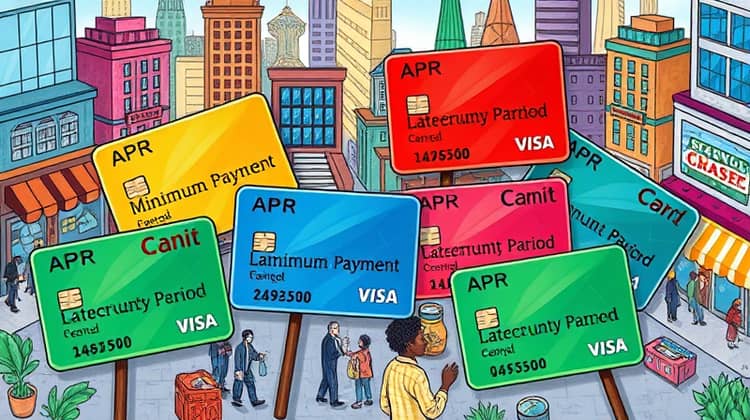
Before diving deeper into credit card terms, it's crucial to familiarize yourself with the language used by credit issuers. Key terms can often appear complex but hold significant importance in understanding how your card functions and what costs may arise.
Understanding these terms will allow you to make smarter choices concerning your credit card. Some terms are more than just jargon; they carry specific meanings that directly affect your financial situation.
By being educated about these terms, you can more easily compare different credit card offers and choose one that best suits your financial needs. With that said, here are some essential terms to keep in mind:
- Annual Percentage Rate (APR)
- Credit Limit
- Minimum Payment
- Grace Period
- Late Payment Fee
Fees and Penalties
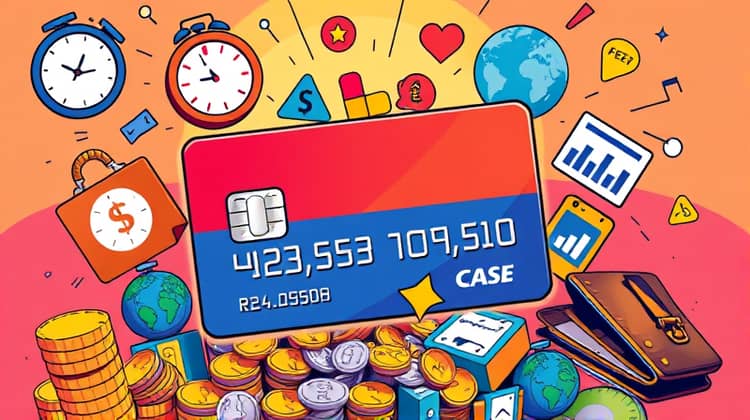
Fees and penalties can quickly add up if you're not attentive to your credit card's terms and conditions. Credit card issuers impose various charges that can affect your overall balance, and understanding these fees is crucial to maintaining good financial health.
- Over-the-Limit Fee
- Foreign Transaction Fee
- Balance Transfer Fee
- Cash Advance Fee
- Late Payment Fee
Interest Rates
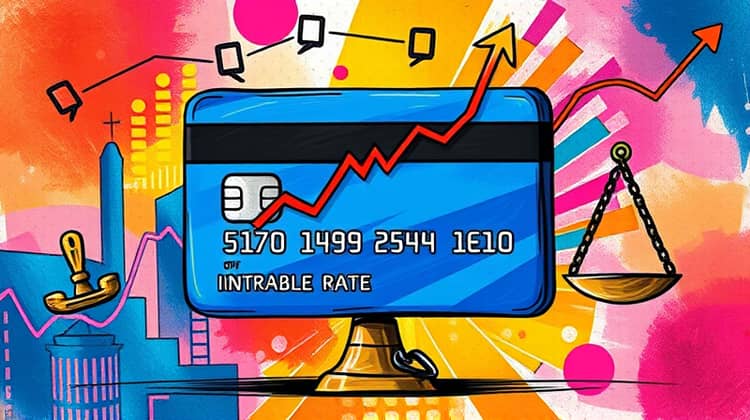
Interest rates are perhaps one of the most critical aspects of your credit card's terms. When you carry a balance on your credit card, interest accrues on that amount, which can lead to a significant financial burden if not managed appropriately.
It is essential to look closely at the credit card's APR and whether it is a fixed or variable rate. A fixed rate remains the same, whereas a variable rate can fluctuate, often in alignment with financial market indices. Understanding how these rates work will help you avoid falling into a cycle of debt.
- Fixed Rates - stay constant throughout the life of the card.
- Variable Rates - fluctuate based on market conditions.
- Introductory Rates - often lower for an initial period but can increase after that.
- Penalty Rates - higher interest penalties may apply if payments are missed.
How to Read the Terms and Conditions
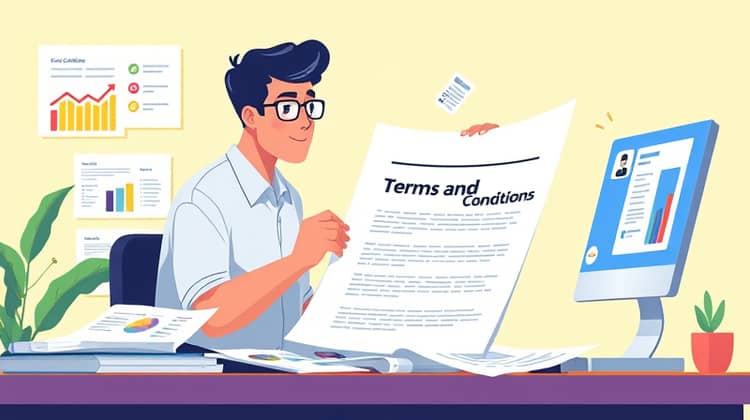
Reading the terms and conditions may seem overwhelming, but it's a necessary step in responsible credit card usage. Start by focusing on the most critical areas that could impact your finances, like fees, interest rates, and payment terms.
- Begin with the summary of rates and fees, often found on the first few pages.
- Look for your payment schedule and understand when payments are due.
- Pay attention to the conditions that may trigger changes in your APR or fees.
By breaking it down this way, the terms become less intimidating. Remember, if you don’t understand something, don’t hesitate to contact customer service for clarification.
Conclusion

Being aware of credit card terms and conditions is not just about understanding your personal finance; it's about protecting yourself against potential pitfalls. With high-interest rates, hidden fees, and penalties, ignorance can lead to severe consequences.
In conclusion, take the time to educate yourself on your credit card's terms and conditions. Being informed can save you money, provide peace of mind, and ensure that you are using your credit card to its fullest potential, without falling victim to common traps that many consumers face.

